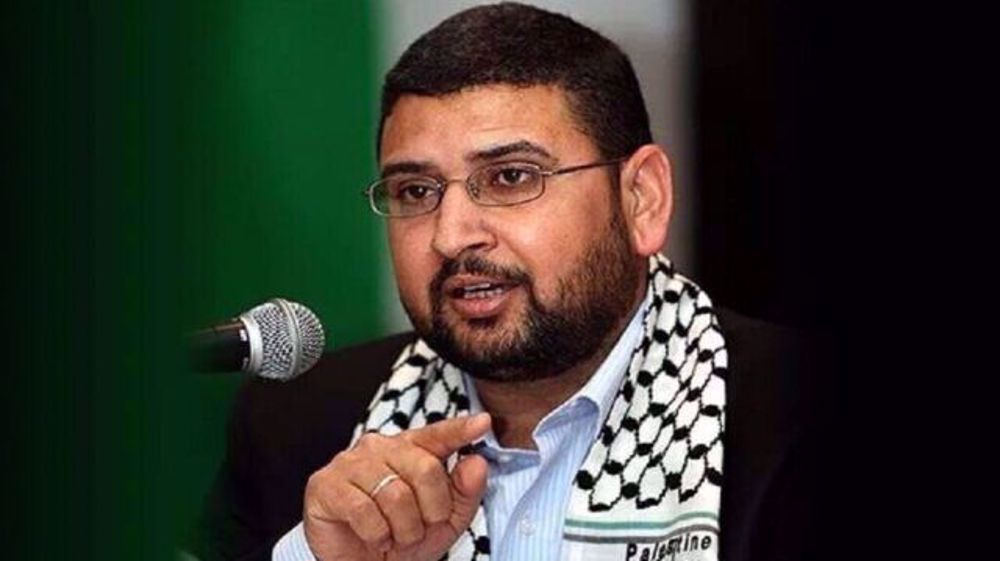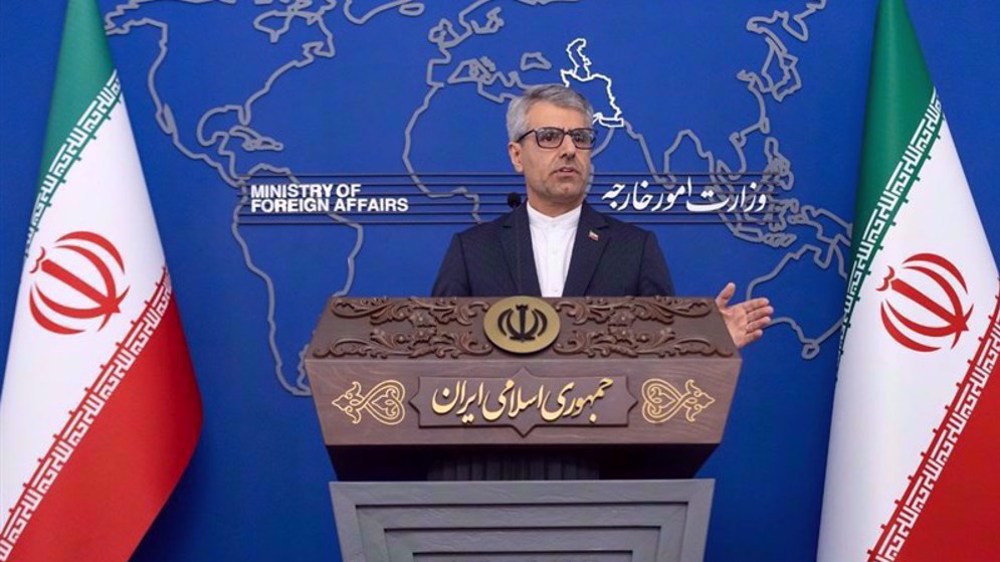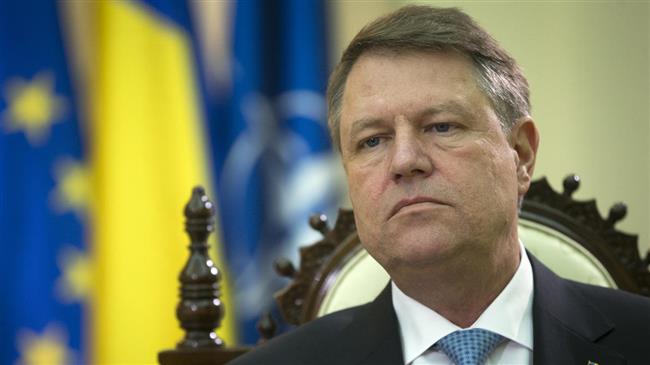Romania PM says moving embassy to Jerusalem al-Quds lacks support
Romanian Prime Minister Viorica Dancila has dismayed Israeli officials by saying that her administration is unable to move the country’s embassy in the occupied Palestinian territories from Tel Aviv to Jerusalem al-Quds, noting many in Romania are opposed to the potential move.
“This is our wish, but unfortunately we do not have support from all parties as we would like,” Dancila said Thursday in a meeting with Israeli President Reuven Rivlin during a visit to the occupied Palestinian territories.
The Romanian premier said a real relocation of her country’s embassy to Jerusalem al-Quds would not be actually possible and her administration was simply trying to create a “platform for discussions” on the issue.
Senior authorities in the eastern European country have been locked in a dispute over the transfer of Romania’s embassy in recent days.
Romanian President Klaus Iohannis has protested a decision by Liviu Dragnea, who leads the ruling Social Democratic Party (PSD), to move the embassy from Tel Aviv to Jerusalem al-Quds.
Iohannis, from Romania’s center-right, has frequently clashed with the left-wing PSD. He said after the embassy move announcement earlier this week that he had not been informed about the decision, insisting that any relocation of the Romanian embassy would be possible after a broad agreement between the Palestinians and the Israelis on the status of Jerusalem al-Quds.
Israel has been controlling the eastern part of Jerusalem al-Quds since it occupied the area in the Six-Day War in 1967 and later annexed it in a move never recognized by the international community.
Palestinians want the eastern part of the city as the capital of a future independent Palestinian state.
The decision by Romania’s PSD to relocate the embassy comes after US President Donald Trump declared in December 2017 that his administration recognized Jerusalem al-Quds as Israel’s capital.
Trump is pressing ahead with his plans to relocate the US embassy in the occupied Palestinian territories despite widespread anger in Arab and Muslim countries and objections raised by US allies in Europe and elsewhere who insist that the move could spoil years of efforts to provide a solution to the decades-long Israeli-Palestinian conflict.
Hamas: Netanyahu tampering with fate of Israeli captives
Kashmir pays homage to Hezbollah leaders
VIDEO | Trump's ethnic cleansing plan draws Palestinian supporters to Seoul rally
Iran condemns ‘vicious act of Israeli terrorism against civilians’
Netanyahu: Israel won't allow Hayat Tahrir al-Sham forces in southern Syria
VIDEO | Paying tribute to Hezbollah leaders
Hezbollah leaders’ historic funeral showed resistance strength: Islamic Jihad
Iran reports surge in air traffic as Austrian, Lufthansa resume flights











 This makes it easy to access the Press TV website
This makes it easy to access the Press TV website